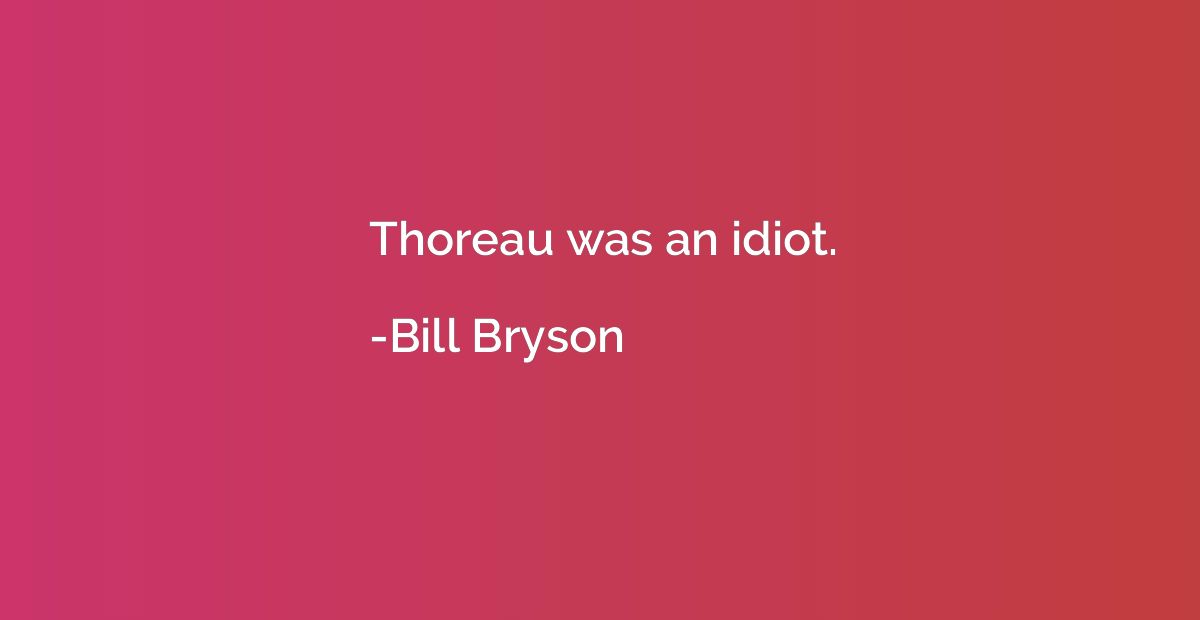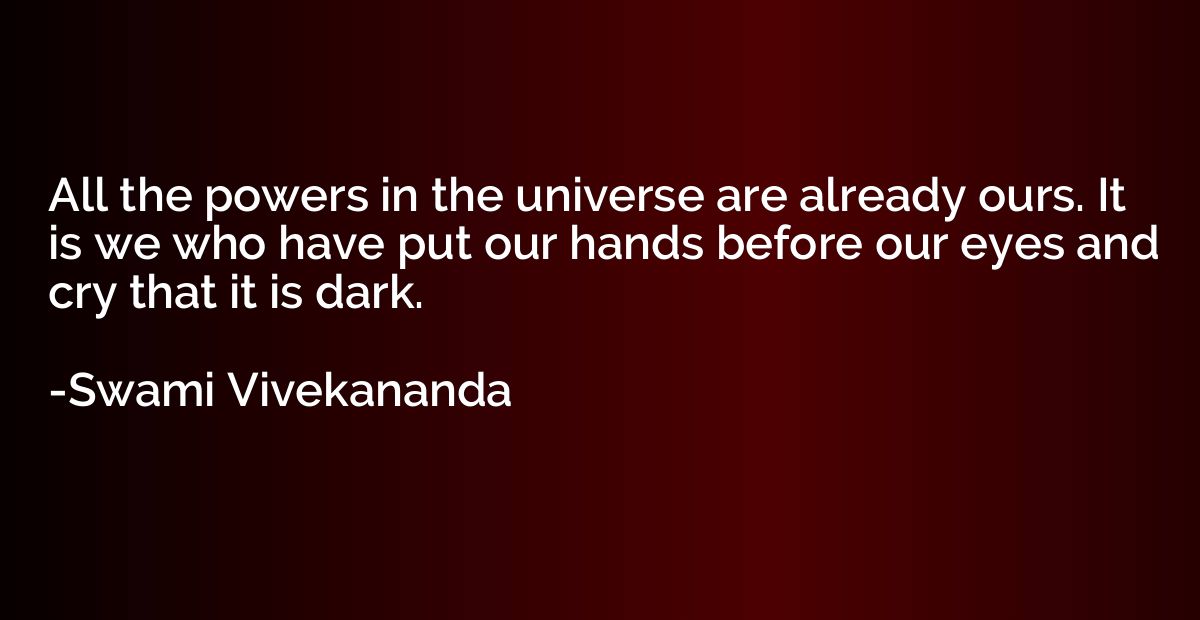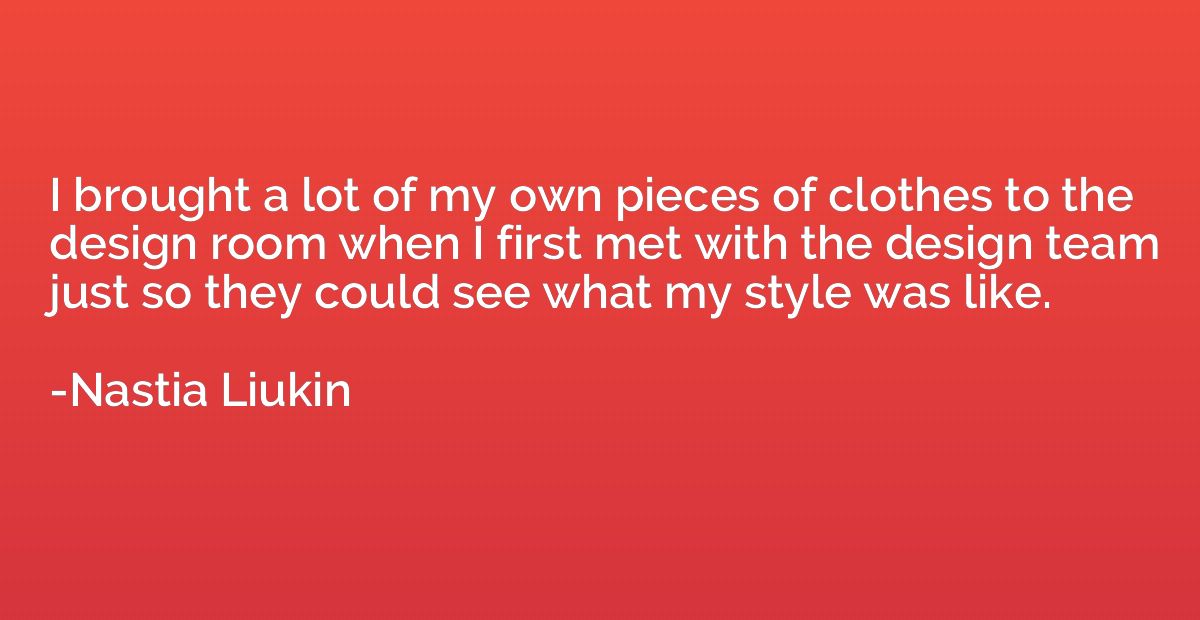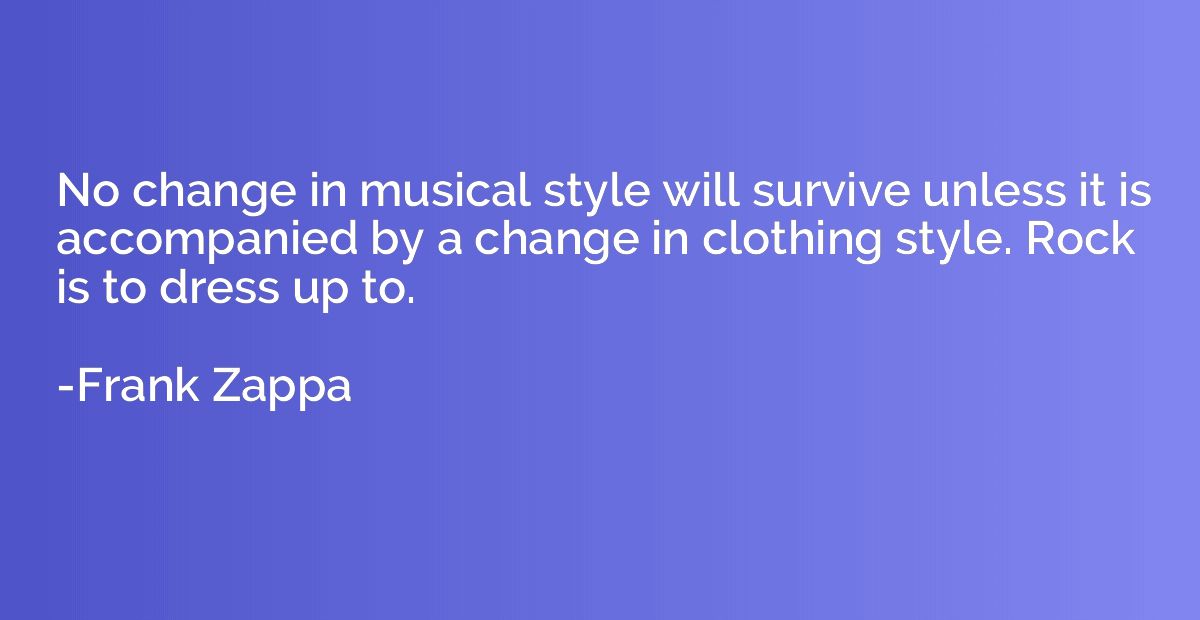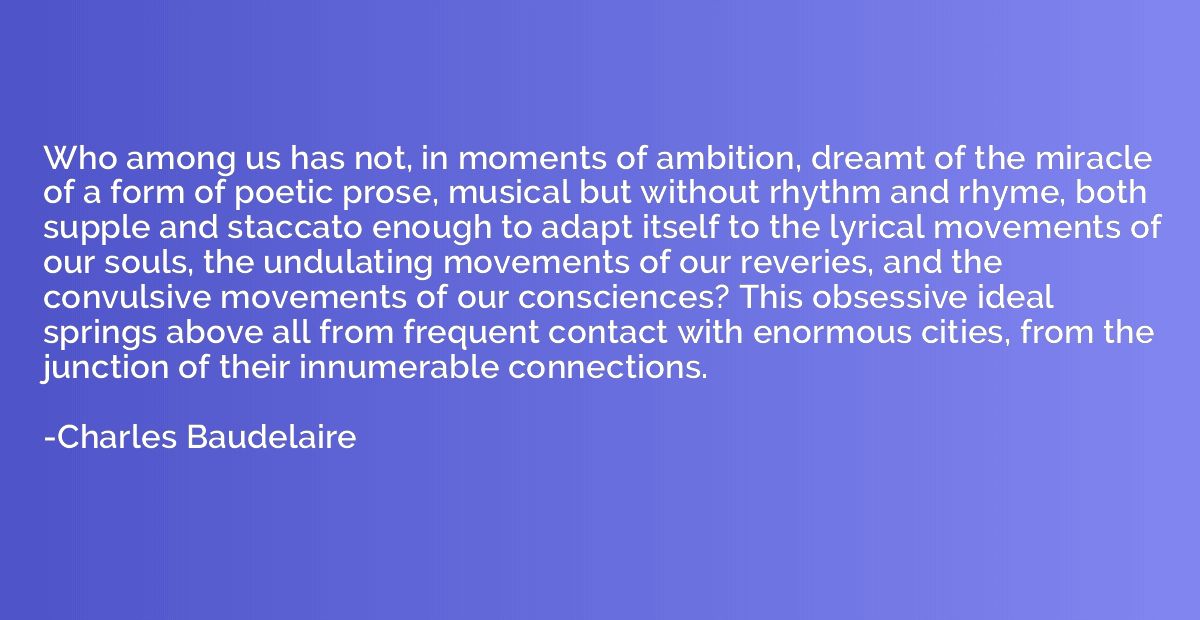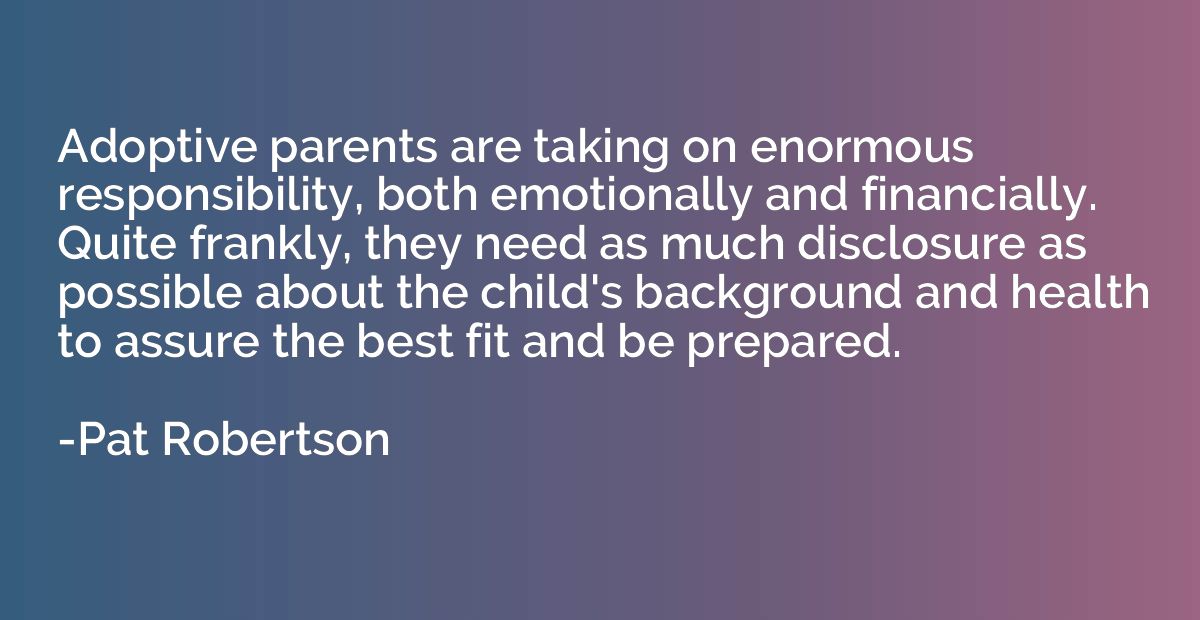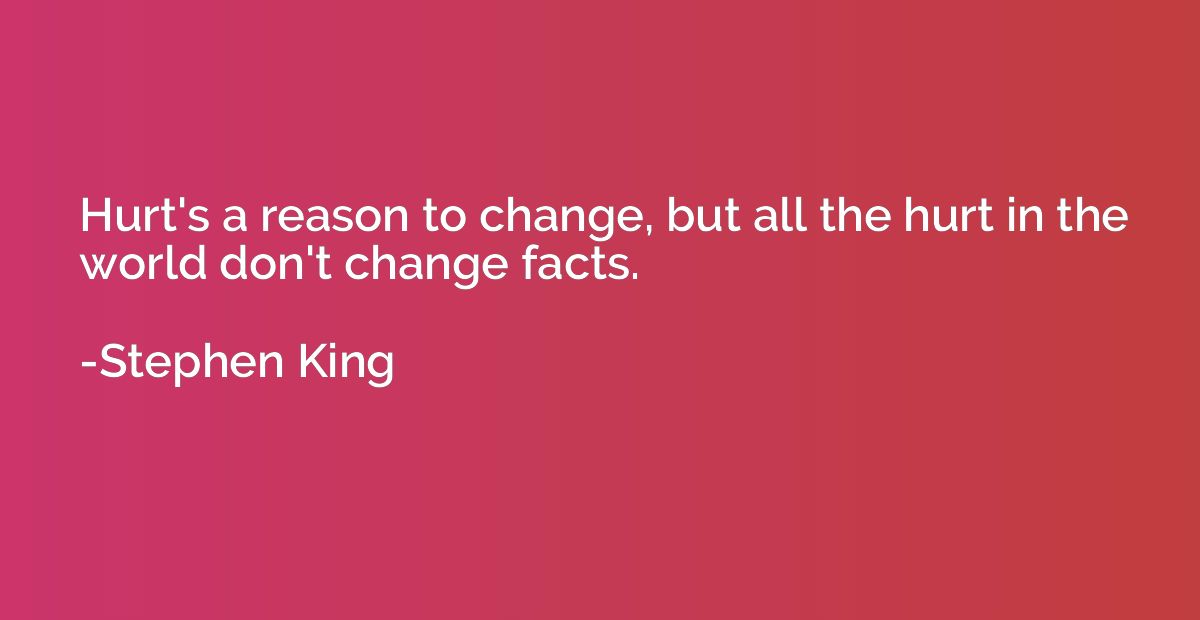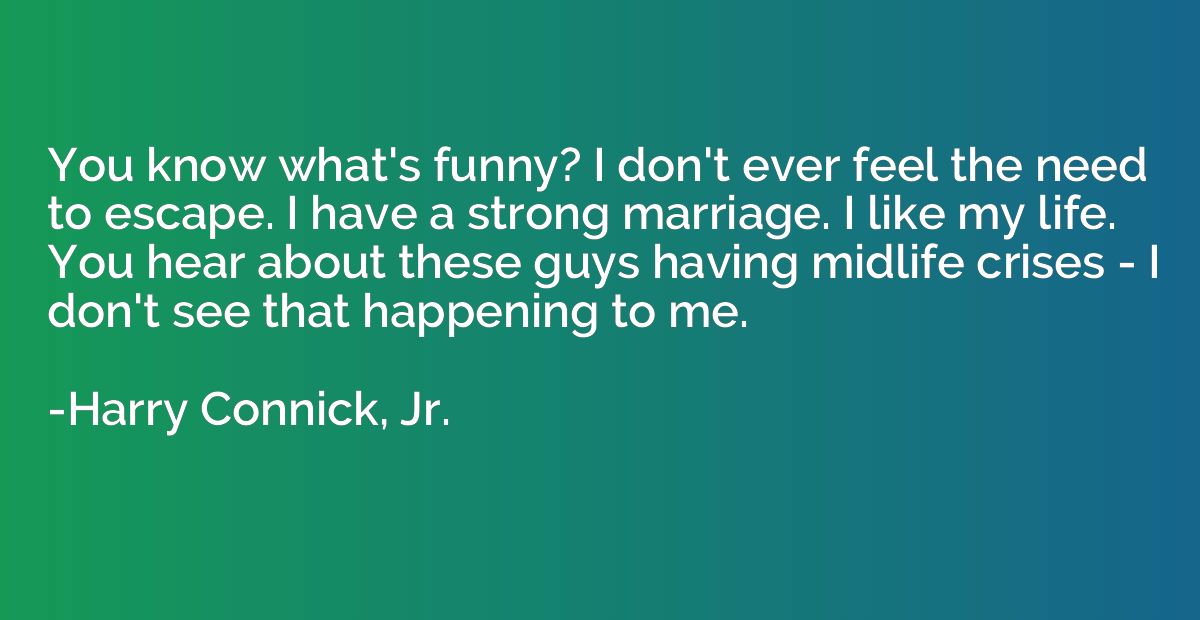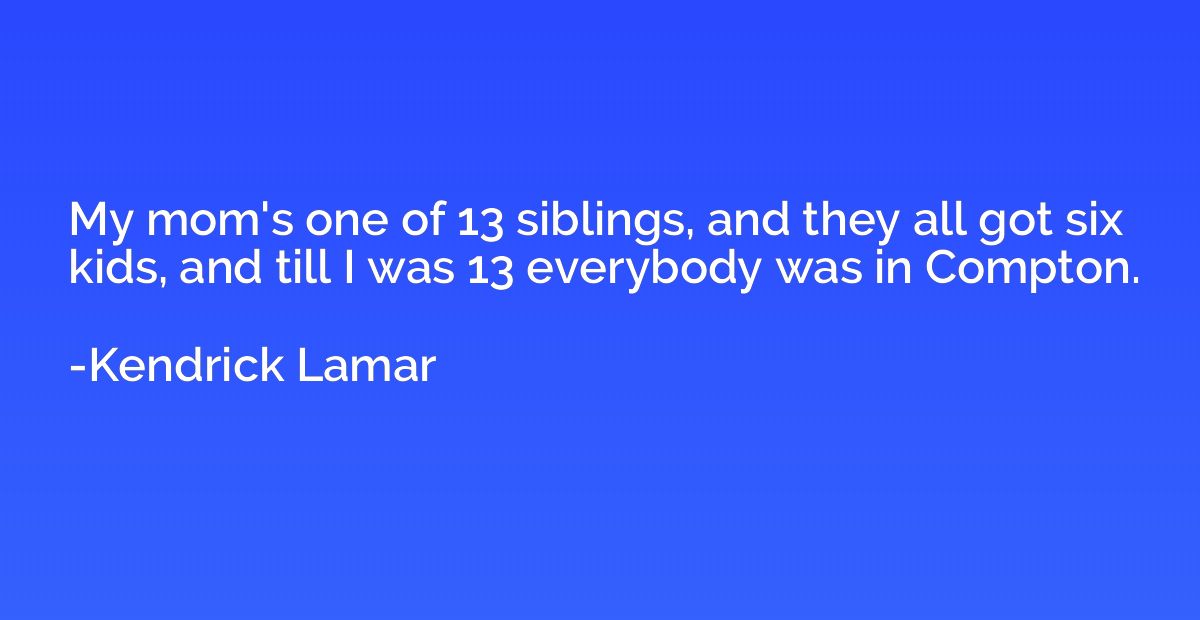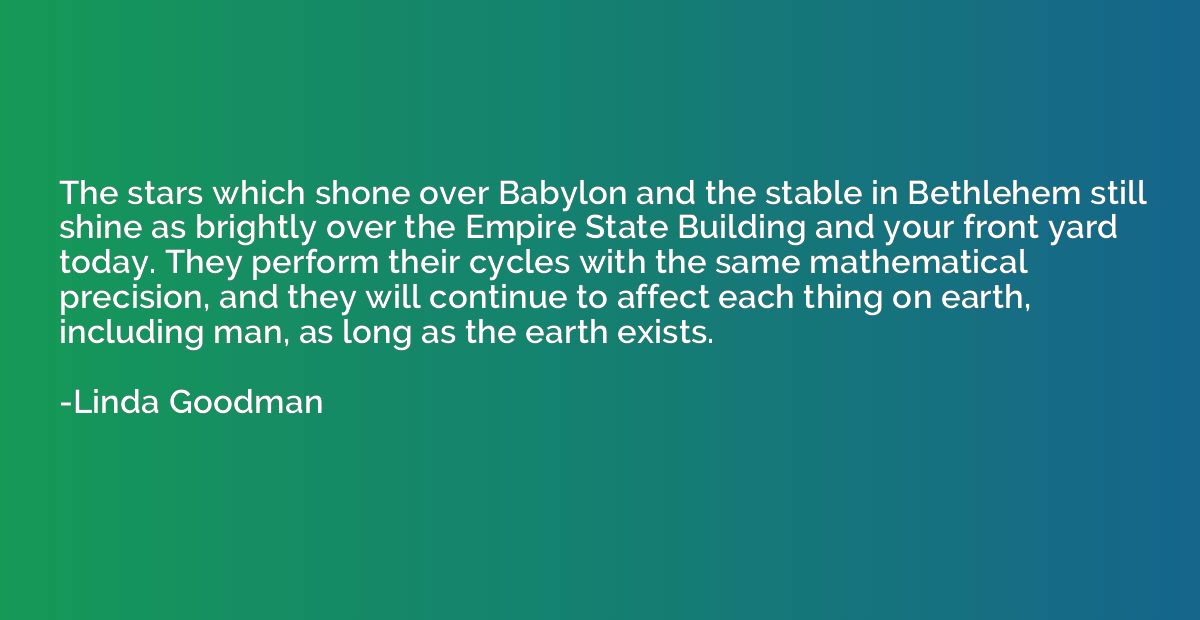Quote by Robert Louis Stevenson
The very flexibility and ease which make men's friendships so agreeable while they endure, make them the easier to destroy and forget. And a man who has a few friends, or one who has a dozen (if there be any one so wealthy on this earth), cannot forget on how precarious a base his happiness reposes; and how by a stroke or two of fate --a death, a few light words, a piece of stamped paper, a woman's bright eyes --he may be left, in a month, destitute of all.
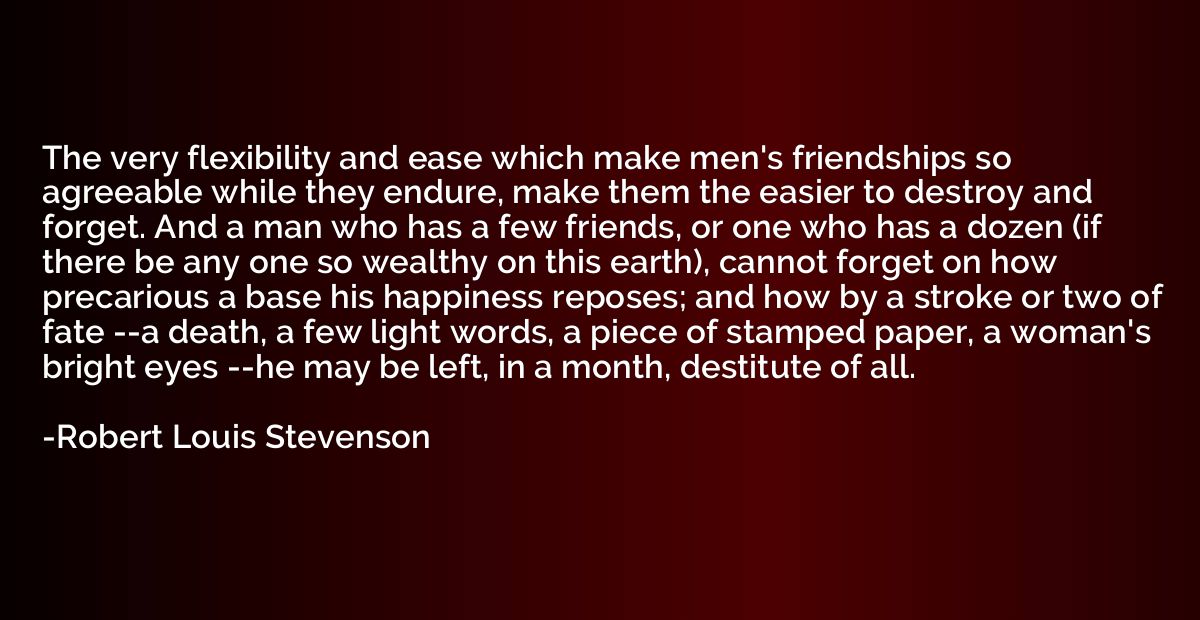
Summary
This quote highlights the vulnerability of friendships and the potential for them to be easily destroyed or forgotten. It implies that the very qualities that make friendships enjoyable, such as flexibility and ease, also make them fragile. The quote emphasizes the importance of valuing and cherishing friendships, as they form a significant foundation for happiness. It suggests that with a single turn of events, such as a death, a disagreement, a legal document, or romantic entanglements, one can suddenly find themselves deprived of all their friends and left alone.



